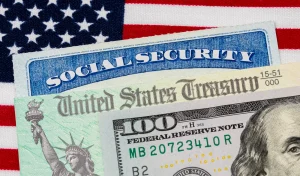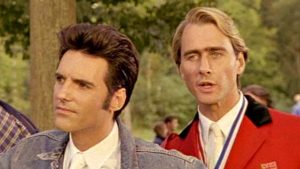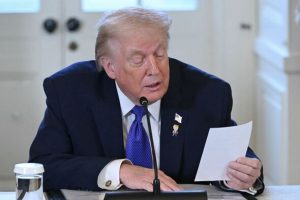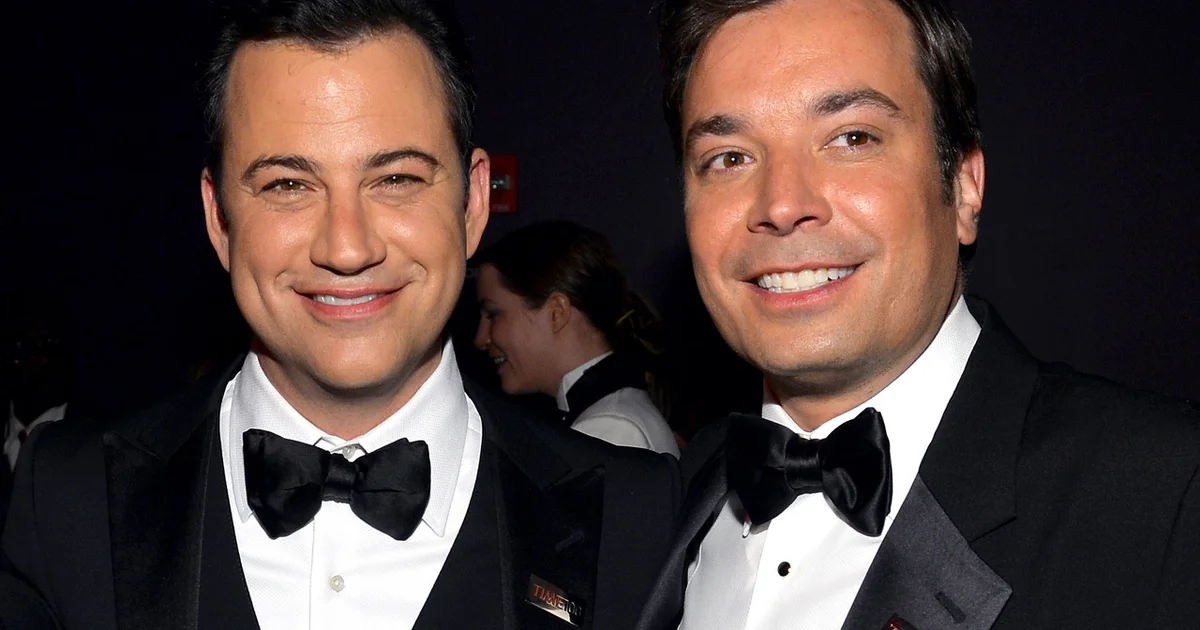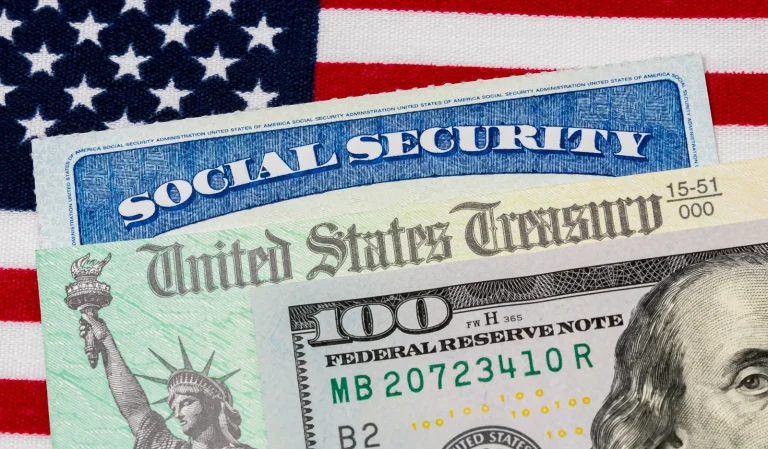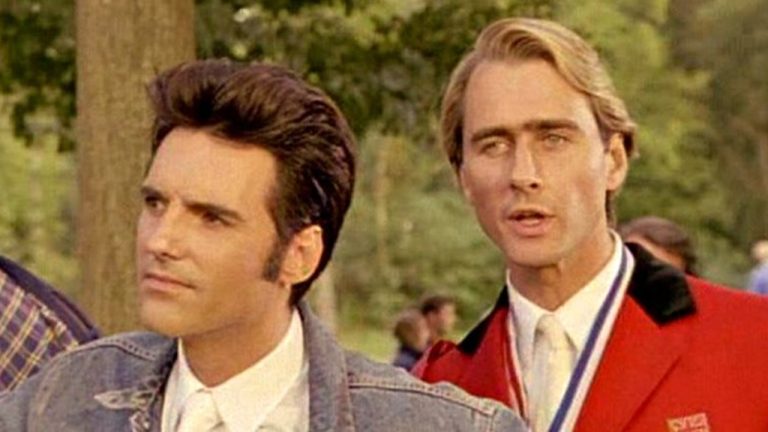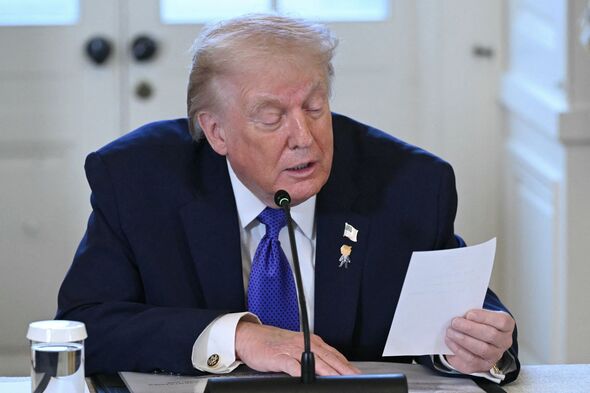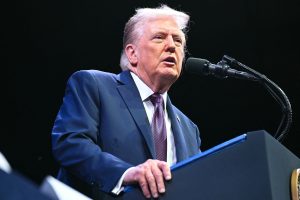The late-night television world has been rocked this week as ABC abruptly pulled Jimmy Kimmel Live! from its schedule following controversial remarks made by the host about conservative activist Charlie Kirk. The show’s suspension has sparked a wave of reactions from fellow celebrities and late-night hosts, including Jimmy Fallon, Seth Meyers, and David Letterman, highlighting ongoing tensions between politics, media, and freedom of speech in the United States.
The Comments That Sparked the Controversy
The controversy centers on comments made by Jimmy Kimmel about Charlie Kirk, who was tragically assassinated at the age of 31 on September 10, 2025. Kirk, co-founder of Turning Point USA, had been speaking at Utah Valley University as part of his “American Comeback Tour” when he was fatally shot. His death sent shockwaves through the nation and prompted national debate over political violence.
During a segment on his show, Kimmel criticized the response of some Republicans to Kirk’s assassination. He remarked, “We hit some new lows over the weekend with the MAGA gang desperately trying to characterize this kid who murdered Charlie Kirk as anything other than one of them and doing everything they can to score political points from it.”
Kimmel’s comments, which combined political critique with a darkly comedic lens, prompted immediate backlash from certain quarters. ABC, citing concerns about viewer response and public sensitivity, decided to remove Jimmy Kimmel Live! from its schedule indefinitely. The network’s move was praised by former President Donald Trump, who lauded the decision on Truth Social, writing:
“Great News for America: The ratings challenged Jimmy Kimmel Show is CANCELLED. Congratulations to ABC for finally having the courage to do what had to be done. Kimmel has ZERO talent, and worse ratings than even Colbert, if that’s possible. That leaves Jimmy and Seth, two total losers, on Fake News NBC. Their ratings are also horrible. Do it NBC!!!”
Trump’s comments added fuel to the fire, prompting late-night hosts and celebrities to respond publicly in defense of Kimmel.
Jimmy Fallon Speaks Out
Among the first prominent voices to respond was fellow late-night host Jimmy Fallon. Fallon, who hosts The Tonight Show, addressed the controversy during his own broadcast. He told viewers:
“To be honest with you all, I don’t know what’s going on — no one does. But I do know Jimmy Kimmel, and he is a decent, funny, and loving guy. And I hope he comes back.”
Fallon’s remarks combined sincerity with his signature humor. In his monologue, several punchlines directed at Trump were censored by the announcer, adding a comedic layer to his critique of the ongoing situation.
Fallon’s defense of Kimmel highlights a broader concern among late-night hosts: the impact of political polarization on free speech in comedy. In recent years, late-night television has frequently intersected with politics, with hosts using satire to comment on public figures, policies, and national events. For many comedians, Kimmel’s suspension signals a troubling precedent regarding the limits of political commentary on air.
Other Late-Night Hosts Join the Fray
David Letterman, the 78-year-old former late-night host and long-time industry veteran, weighed in on the controversy during an appearance at The Atlantic Festival in New York. Letterman described Kimmel’s suspension as “ridiculous” and criticized what he referred to as “managed media.” He added:
“I feel bad about this, because we all see where this is going, correct? It’s no good. It’s silly. It’s ridiculous.”
Letterman emphasized that public figures, including comedians, should not be penalized for refusing to “suck up” to what he described as “an authoritarian” president. His remarks were widely shared across social media platforms, resonating with supporters of press freedom and free expression in entertainment.
Seth Meyers, host of Late Night with Seth Meyers, also addressed the situation on air. With characteristic satire, Meyers joked:
“The [Trump] administration is pursuing a crackdown on free speech… completely unrelated, I just want to say before we get started here that I’ve always admired and respected Mr. Trump. I’ve always believed he was… a visionary, an innovator, a great president, an even better golfer. And if you’ve ever seen me say anything negative about him, that’s just AI.”
Meyers’ tongue-in-cheek approach underscores the balancing act late-night hosts face: navigating political commentary while entertaining viewers, all in a climate where missteps can lead to serious professional consequences.
Stephen Colbert, host of The Late Show, also condemned ABC’s decision to pull Kimmel’s show, calling it a “blatant assault on the freedom of speech.” Colbert’s critique reflects a broader concern within the entertainment industry about corporate media decisions being influenced by political pressures, raising questions about editorial independence and the right of comedians to tackle controversial topics.
Celebrity Reactions
Beyond the late-night sphere, many celebrities voiced support for Kimmel. Actor Ben Stiller publicly stated:
“This isn’t right.”
Other figures in the entertainment industry echoed Stiller’s sentiments, emphasizing that comedians play a critical role in social commentary and that removing them from the airwaves over politically sensitive remarks undermines creative expression.
The celebrity response underscores a recurring theme in American media: the tension between public sensitivity to tragedy and the role of satire in processing and critiquing political events. Many supporters of Kimmel argue that comedy has long served as a tool for grappling with difficult topics, and that suspending a show for such commentary could stifle important discourse.
The Politics of Late-Night Comedy
The suspension of Kimmel’s show also brings to light the increasingly complex relationship between late-night comedy and politics. Comedians often serve as cultural commentators, using humor to critique leaders and institutions. However, the political polarization of recent years has meant that such commentary is scrutinized more intensely than ever before.
The situation also highlights the influence of social media and political figures on media companies’ decision-making. Trump’s public endorsement of Kimmel’s removal illustrates the ways in which political actors can attempt to shape media narratives, whether through direct statements or broader cultural pressure.
For networks like ABC, these decisions involve a delicate balance between ratings, public perception, and internal standards for sensitivity. Pulling a show with a long-standing audience is a significant move, and one that inevitably draws attention from both critics and supporters.
Implications for the Industry
The incident has sparked a larger debate about censorship, creative freedom, and the responsibilities of public figures in the media. Many within the entertainment industry view Kimmel’s suspension as a cautionary tale for other hosts, highlighting the risks inherent in addressing politically sensitive topics.
At the same time, the public response—ranging from support for Kimmel to approval from political figures like Trump—illustrates the fragmented nature of contemporary media consumption. Audiences are divided not just along political lines but also by their expectations of how comedy should respond to tragedy.
Looking Ahead
As Jimmy Kimmel Live! remains off the air indefinitely, the focus now turns to whether the show will return and under what circumstances. Kimmel has yet to make a detailed public statement regarding the suspension, though social media activity from his team suggests he intends to continue engaging with his audience.
Meanwhile, the reactions from Fallon, Meyers, Letterman, Colbert, and other figures demonstrate solidarity within the late-night community. Their public defenses underscore a shared concern about freedom of expression and the broader cultural role of comedians in American society.
The incident also provides a moment of reflection for media companies about how they navigate controversial content, public sensitivities, and political pressures. Networks must weigh the potential backlash of airing certain material against the value of creative independence and the expectations of their audiences.
Conclusion
Jimmy Kimmel’s suspension following remarks about Charlie Kirk has ignited a national conversation about comedy, politics, and media responsibility. Fellow late-night hosts, celebrities, and commentators have rallied in his defense, emphasizing the importance of protecting creative expression even when it provokes controversy.
As the debate continues, the incident serves as a reminder of the delicate balance between humor, political critique, and public sentiment in an era of heightened sensitivity and polarization. For Kimmel and the late-night community at large, the episode underscores the ongoing challenges of navigating comedy in the modern political landscape—where every joke is scrutinized, and every commentary carries weight beyond the stage.

James Jenkins is a celebrated Pulitzer Prize-winning author whose work has reshaped the way readers think about social justice and human rights in America. Raised in Atlanta, Georgia, James grew up in a community that instilled in him both resilience and a strong sense of responsibility toward others. After studying political science and creative writing at Howard University, he worked as a journalist covering civil rights issues before dedicating himself fully to fiction. His novels are known for their sharp, empathetic portraits of marginalized communities and for weaving personal stories with broader political realities. Jenkins’s breakout novel, Shadows of Freedom, won national acclaim for its unflinching look at systemic inequality, while his more recent works explore themes of identity, resilience, and the fight for dignity in the face of oppression. Beyond his novels, James is an active public speaker, lecturing at universities and participating in nonprofit initiatives that support literacy and community empowerment. He believes that storytelling is a way to preserve history and inspire change. When not writing, James enjoys jazz music, mentoring young writers, and traveling with his family to explore cultures and stories around the world.
